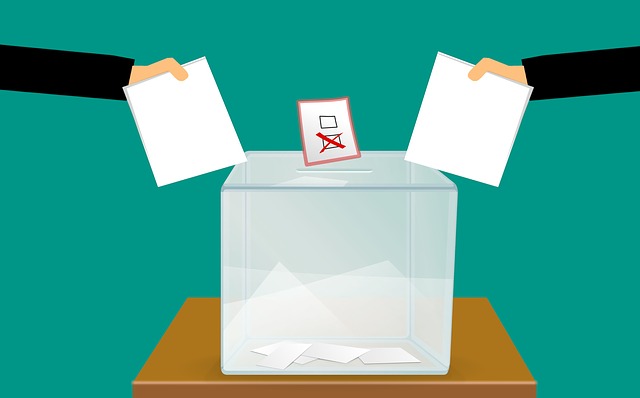Just when you thought the election was over and you were safe from the barrage of dueling campaign ads, think again. Secretary of State Shirley Weber has just announced the statewide ballot measures that we’ll be deciding in the November election.
This year’s ballot measures cover a host of hot button issues from abortion rights to flavored tobacco products. Expect that significantly more will be spent persuading you on statewide ballot measures than the races for Governor, U.S. Senate and the constitutional offices combined. This is in addition to hot button local races, such as the looming recall of Los Angeles District Attorney George Gascón – supporters last week turned in roughly 717,000 signatures to place the recall on the November ballot.
Here’s a preview of some of the key measures:
Propositions 26 and 27 – Legalizing Sports Wagering
The most epic November ballot fight will be over legalizing sports wagering in California. Dueling interests have each proposed their own ballot measures. According to trade publication Gaming Americas, this is “expected to be California’s most expensive ballot measure battle ever . . . (as) more than $300 million could be spent between the warring parties.”
Prop. 26, proposed by horse racing tracks and Native American gaming tribes, would legalize sports wagering in California at tribal casinos and racetracks. Prop. 27, proposed by DraftKings, FanDuel and online gaming interests, would legalize online and mobile sports wagering.
As I’ve written previously on Right by the Bay, “California has been missing out on big business – and tax revenue – since a 2018 Supreme Court ruling effectively legalized sports betting in most states . . . Whoever wins, state and local governments are already dreaming of how they’ll spend the tens of millions of dollars in new ta revenue that will likely be generated.”
Proposition 29 – Kidney Dialysis Clinics
If you think you’ve voted on this measure before, you’re right. This is the third time that Californians will be asked to weigh in on a ballot measure that is essentially a proxy battle between dialysis clinics and the SEIU over the union’s failed efforts to unionize dialysis clinic workers. Voters have rejected this measure twice before when they voted down Prop. 23 in 2020 and Prop. 8 in 2018.
PRI’s Rowena Itchon was clairvoyant when she wrote of the prior measure in 2020 that “we’ll likely be writing about dialysis clinics again in 2022.” Prop. 29 is very similar to the 2020 measure, which Itchon called “another attempt by the union to punish dialysis providers by raising their costs by requiring them to pay for expensive doctors.”
Proposition 30 – Tax Increase for Green Subsidies
The fact that Californians already pay one of the nation’s highest tax burdens is not deterring some from wanting taxpayers to pay even more.
Prop. 30, if enacted, would impose an additional tax of 1.75 percent on income above $2 million. The proceeds of the tax would go for more electric car subsidies, the construction of new electric charging stations, and wildfire prevention efforts. According to the nonpartisan Legislative Analyst’s office, the measure “likely would raise $3 billion to $4.5 billion in most years.”
As PRI’s research has shown, 79 percent of electric vehicle tax credits are claimed by households making more than $100,000 per year. While the measure earmarks half of the electric vehicle subsidies for “low income households,” it’s unlikely that many working class Californians struggling to make ends meet amidst high taxes, out-of-control inflation, and rising gas prices will be enticed to buy an expensive electric car – even with government handing out taxpayer-funded incentives.
Tim Anaya is the Pacific Research Institute’s senior director of communications and the Sacramento office.

